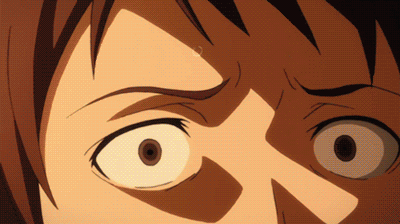First of all, they seem to believe in the most general and vague definition of intellectual property that one can come up with, without sounding completely insane to absolutely everyone. The patents they defended are in their very nature so basic or vague, that if we applied the same standards e.g. to mathematics we would very quickly end up in a situation that would completely stifle innovation/progress and would put our society as a whole in deep shit.
Intellectual property is a nice word, but we're not even looking at software patents or actual algorithms that got patented, but the general principles/functionalities that they got a patent for. It's something lawyers and clever people came up with to make money out of a vague idea, because making money out of the actual implementation was not enough. It's a lie, a word that implies property where no property exists.
Now one can certainly argue for actual software/algorithm patents, i.e. patents that explicitly define an actual implementation. I know that most mathematicians are probably against software patents in general especially due to their huge implications and the problems they create, but I wouldn't necessarily go so far. However in this case we're looking at some very basic patents, in some cases based on prior art which surprisingly didn't matter to the jury at all. It would be like getting a patent for BFS in general, it makes my head hurt just to think about this stupidity. Everyone with experience in maths should've noticed how utterly stupid this is immediately.
I'm not quite sure how one could argue against FRAND and yet not throw out Apple's claims. It seems like an embarassing double standard to me. It didn't come down to who had the better arguments, it came down to who told the better tale. Both should've been thrown out.
I'm not sure if the Wright Brothers are a good example for the patent system working. That said we're usually looking at highly mathematical constructions in aircraft designs, as far as I'm aware completely different from this case.
I haven't read everything, just small parts. I'm not sure if it's worth to waste more time time reading people's ludicrous explanations for upholding something that is blatantly stupid in the first place.



